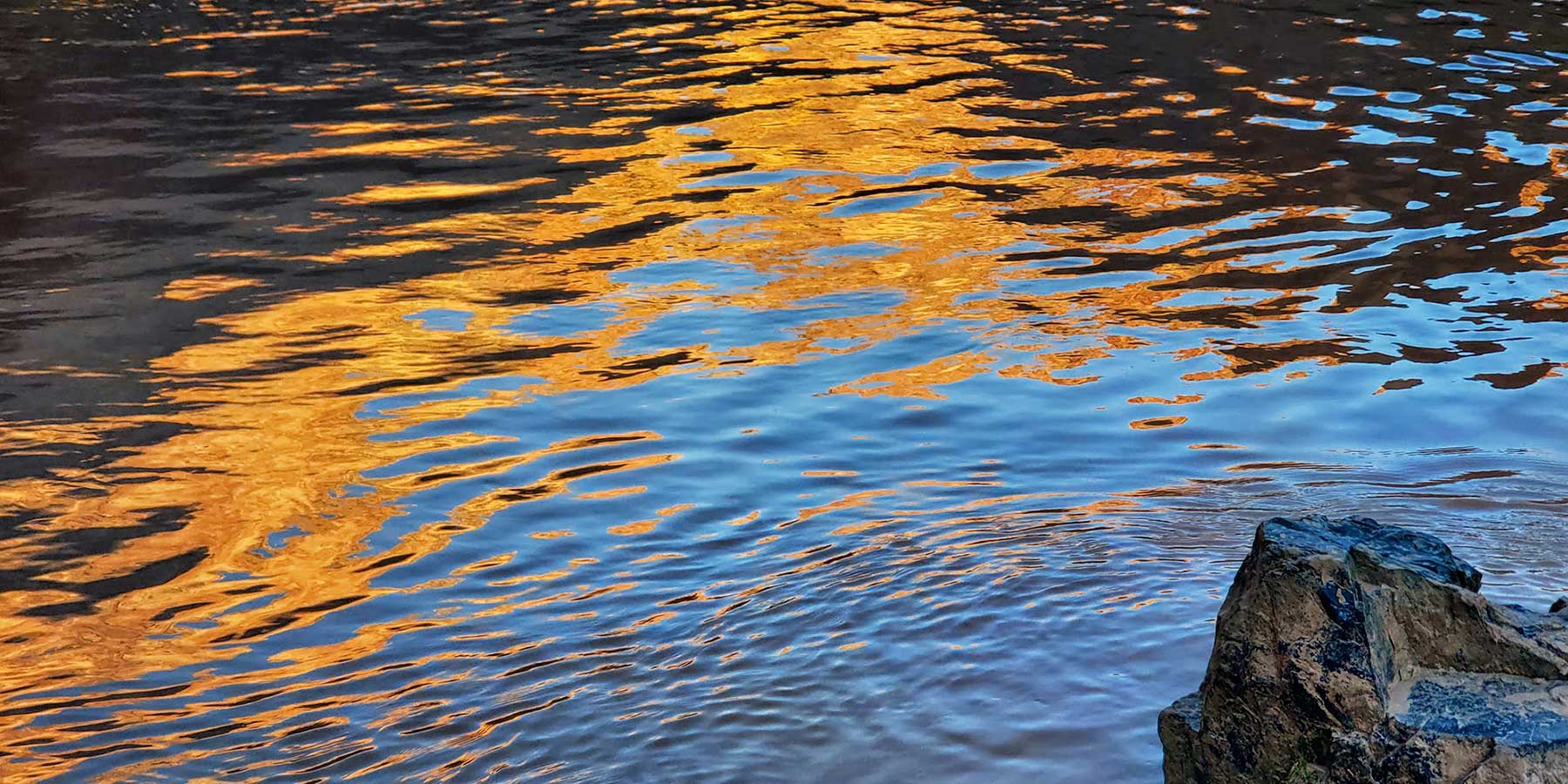
Our Work Water Conservation
Protecting the Colorado River, its tributaries, and groundwater in the Grand Canyon region.
Water is our most precious resource
The Southwest is already hot and dry, but add in climate change, and this arid region is getting even more parched. As the worst drought in a millennium drags on, we’re working to keep water in our rivers and water underground.
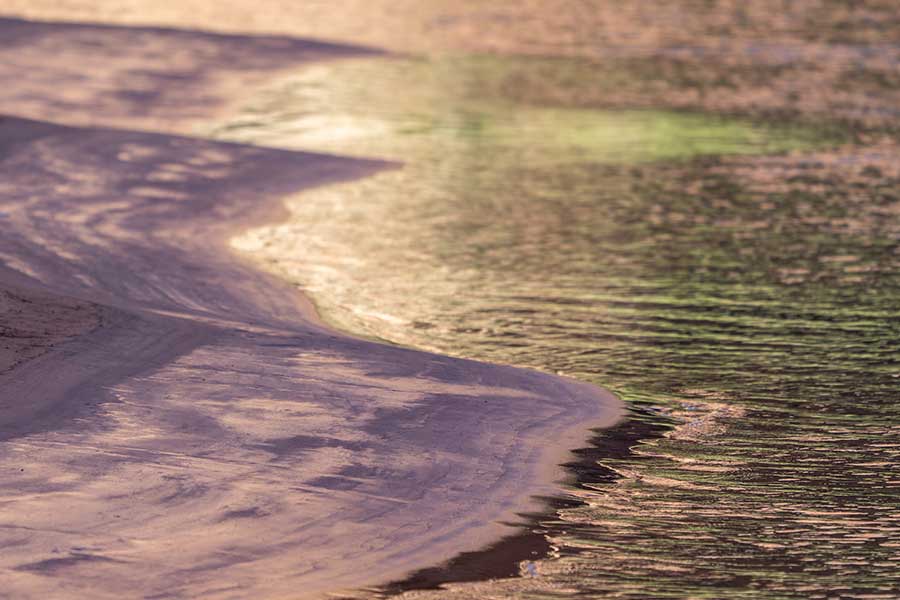
Surface water
The Colorado River and its tributaries have carved through the heart of the Southwest and deliver water to Colorado, Wyoming, Utah, New Mexico, Nevada, Arizona, California, many Native American tribes, and Mexico.
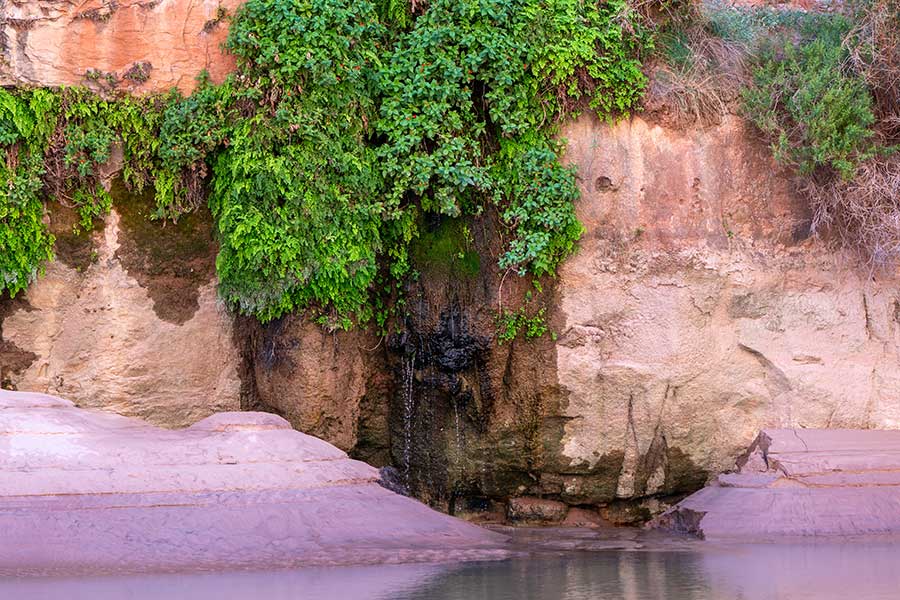
Groundwater
Groundwater starts as rain and snow, soaks into the ground, and is stored in aquifers — layers of porous rocks and soils. It is an important source of water for towns, and where it bubbles to the surface at springs, life flourishes.
Water conservation in the Southwest
From improving water policy at the national level, to surveying remote springs, we’re dedicated to protecting and conserving water in the Southwest. Here’s how we’re protecting precious waters in the Grand Canyon region.
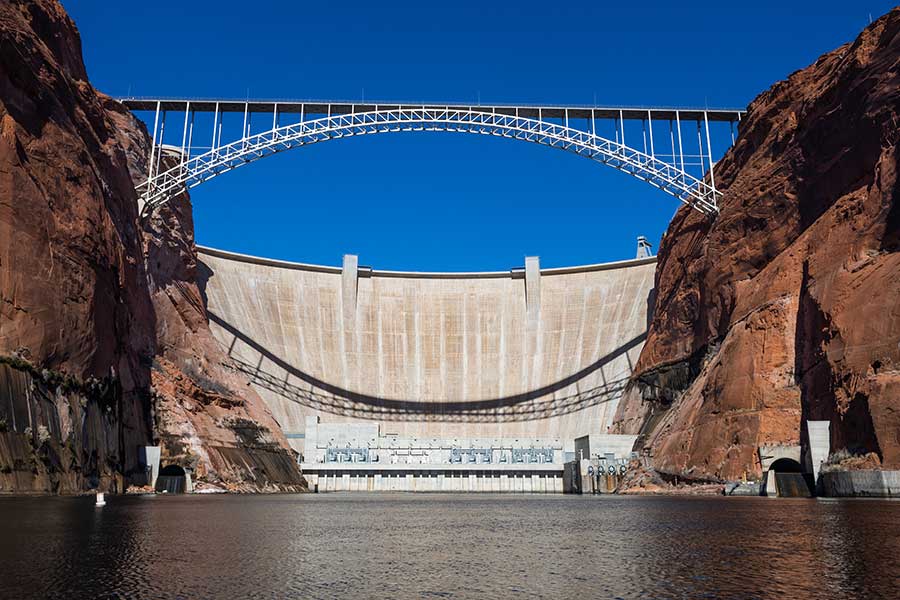
We advocate for smart water policy
The Colorado River is overtapped. We need new rules to sustain the river’s flows.
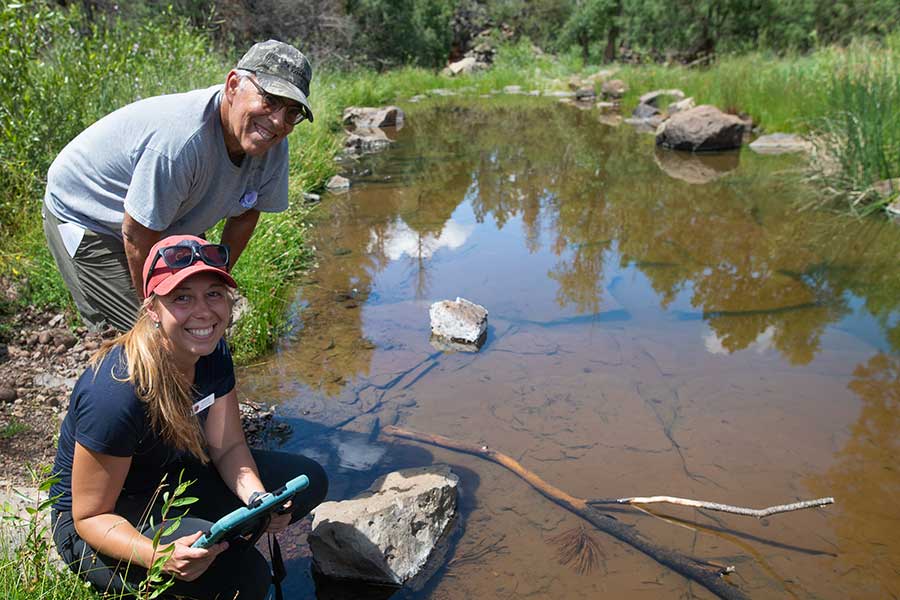
We work with local communities
As populations grow, communities need new tools to protect their groundwater.
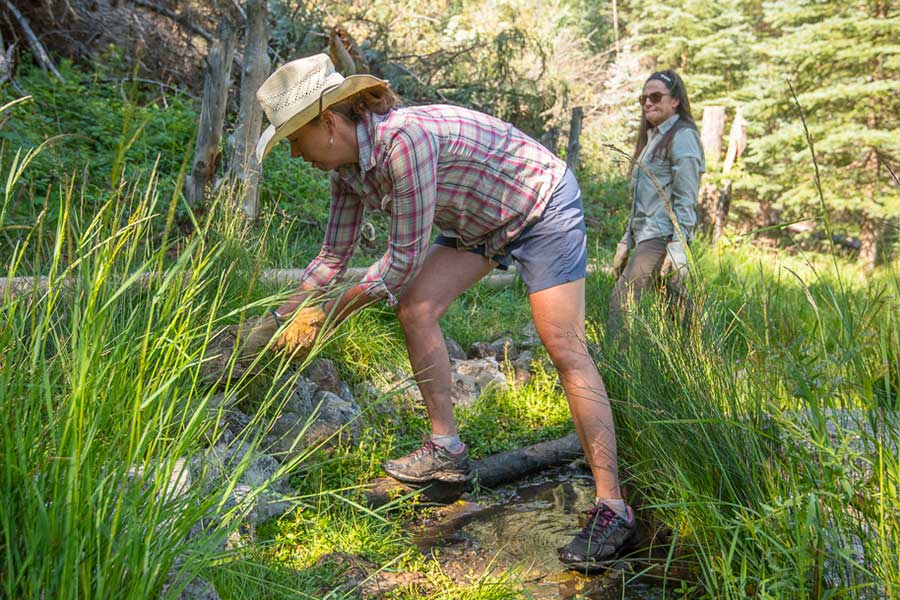
We restore springs and streams
In the desert, water is life. Plants and animals need clean, healthy waters too.
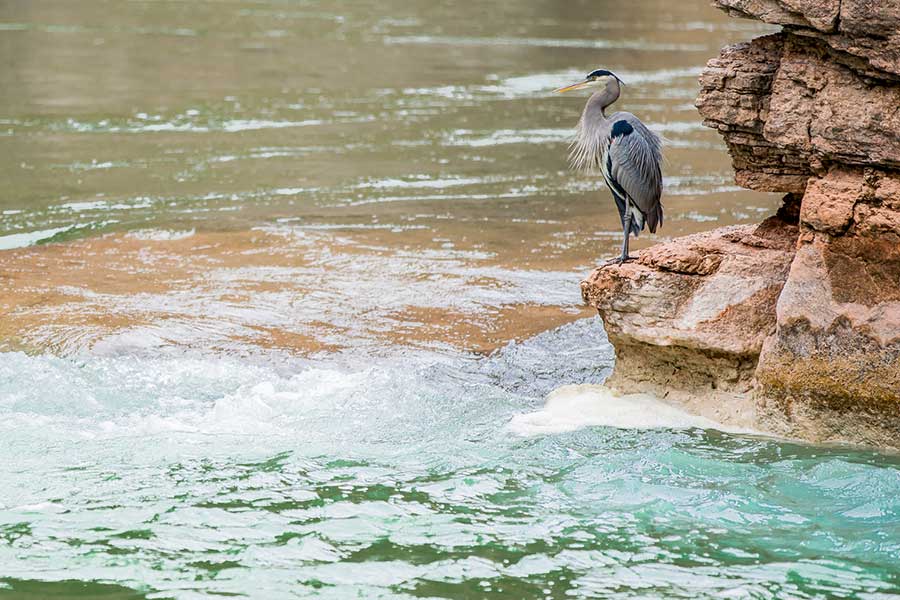
We protect water in the Grand Canyon
The Colorado River carved the Grand Canyon and is a lifeline for many creatures.
Colorado River water supply and demand
Water managers in the 1920s overestimated the amount of water in the Colorado River, so states were promised water the river could never provide. Now, states are grappling with water shortages that are worsening with prolonged drought.
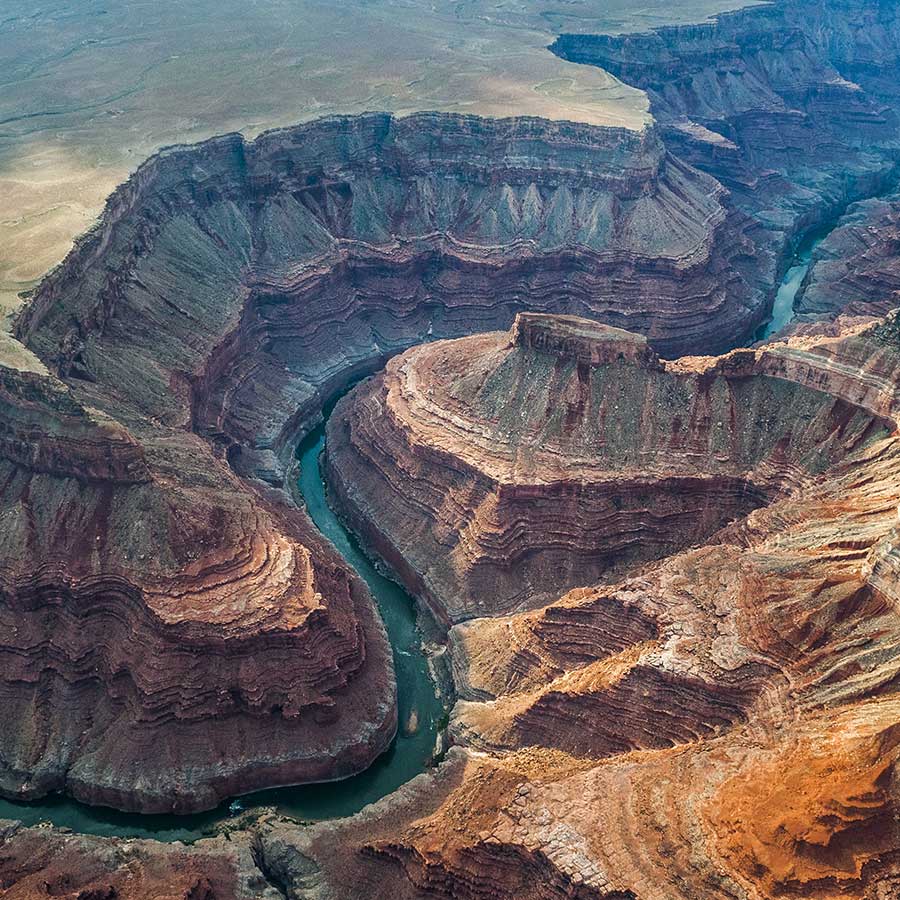
There’s not enough water in the Colorado River
1 acre foot = enough water to cover 1 acre with 1 foot of water, or about 325,851 gallons
Speak up for the Colorado River
The Colorado River provides water to 40 million people across 30 tribal nations, seven U.S. states, and Mexico. Sign the petition to protect these lifegiving waters.
Conserving groundwater in Arizona
Arizona has lax rules on groundwater pumping and historically has used more water than rain and snowmelt can replenish. Since it’s hard to manage something you can’t see, communities need new tools and guidelines to conserve their water supplies.
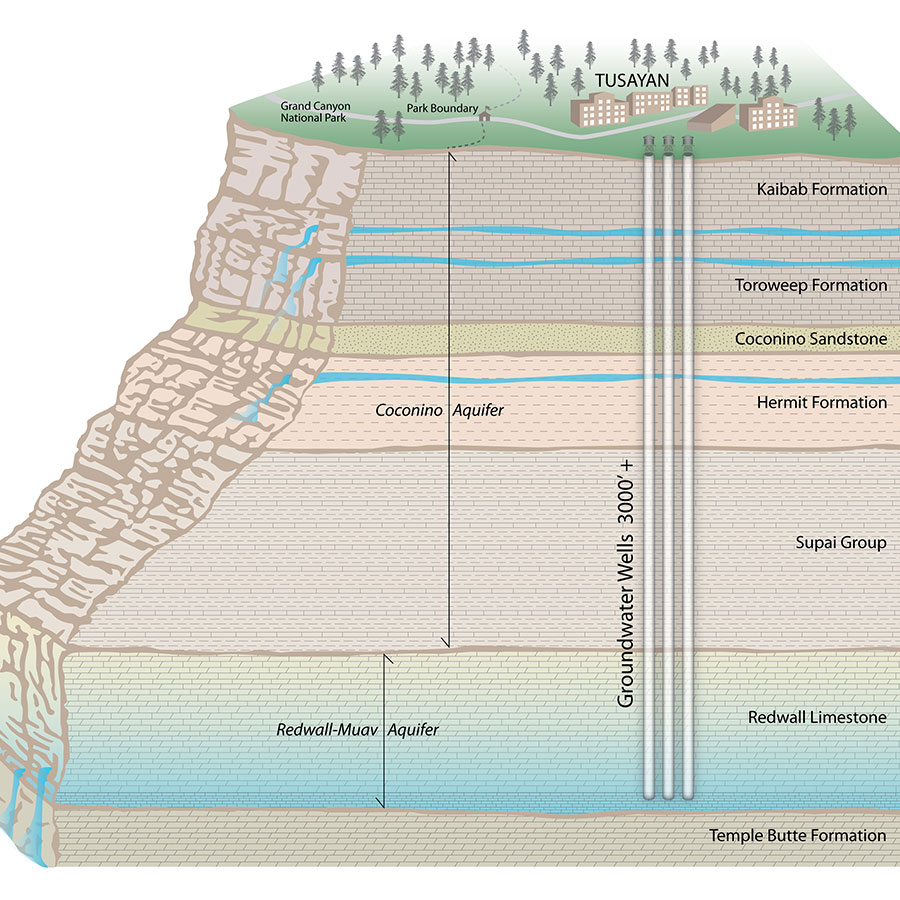
Understanding and protecting rare water sources
The Southwest is dry — you can see it in the parched landscapes and feel it in your cracked skin. But look a little closer and you find rare pockets of water where willows grow, bobcats drink, and birds feed.
We work to understand how wildlife and plants use springs, and we find ways to restore these precious desert watering holes. From studying water quality and documenting flows, to pulling invasive tamarisk trees, to stopping unsafe uranium mining, we aim to balance the needs of plants, animals, people, and communities.

Spring surveys
We visit springs on foot to record water quality and document conditions. What we find helps prioritize restoration projects.
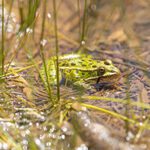
Spring restoration
Sometimes we build fences, other times we pull weeds. With hard work and time, degraded springs recover.

Wetland protection
Volunteers help us strengthen streambanks and build rock mosaics that slow water and prevent erosion of wetland areas.
Keep up with the current
Get the latest water news on the blog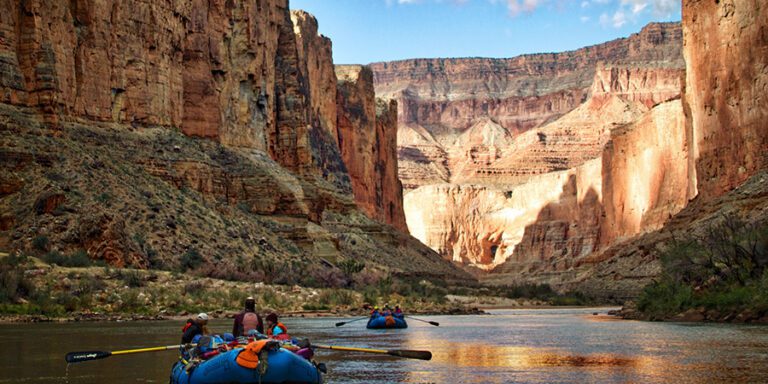
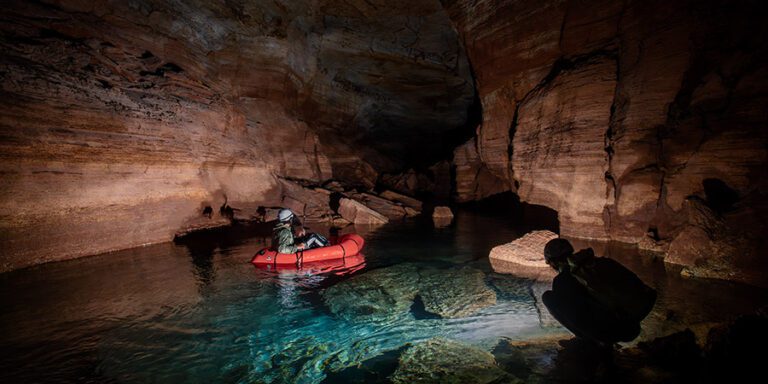

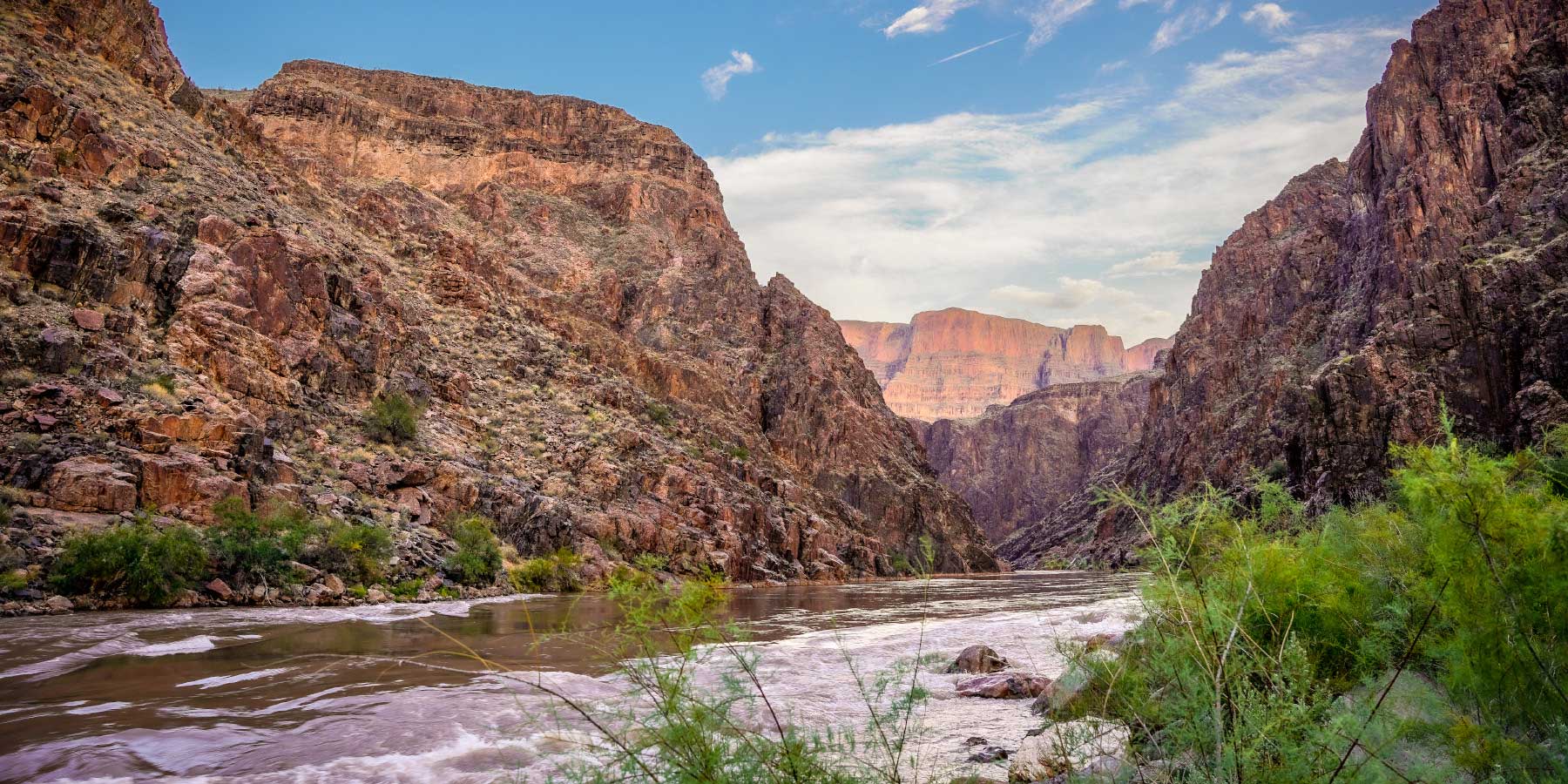
The Colorado River needs you
The future of the Colorado River is in your hands. Help protect it with a gift today.
